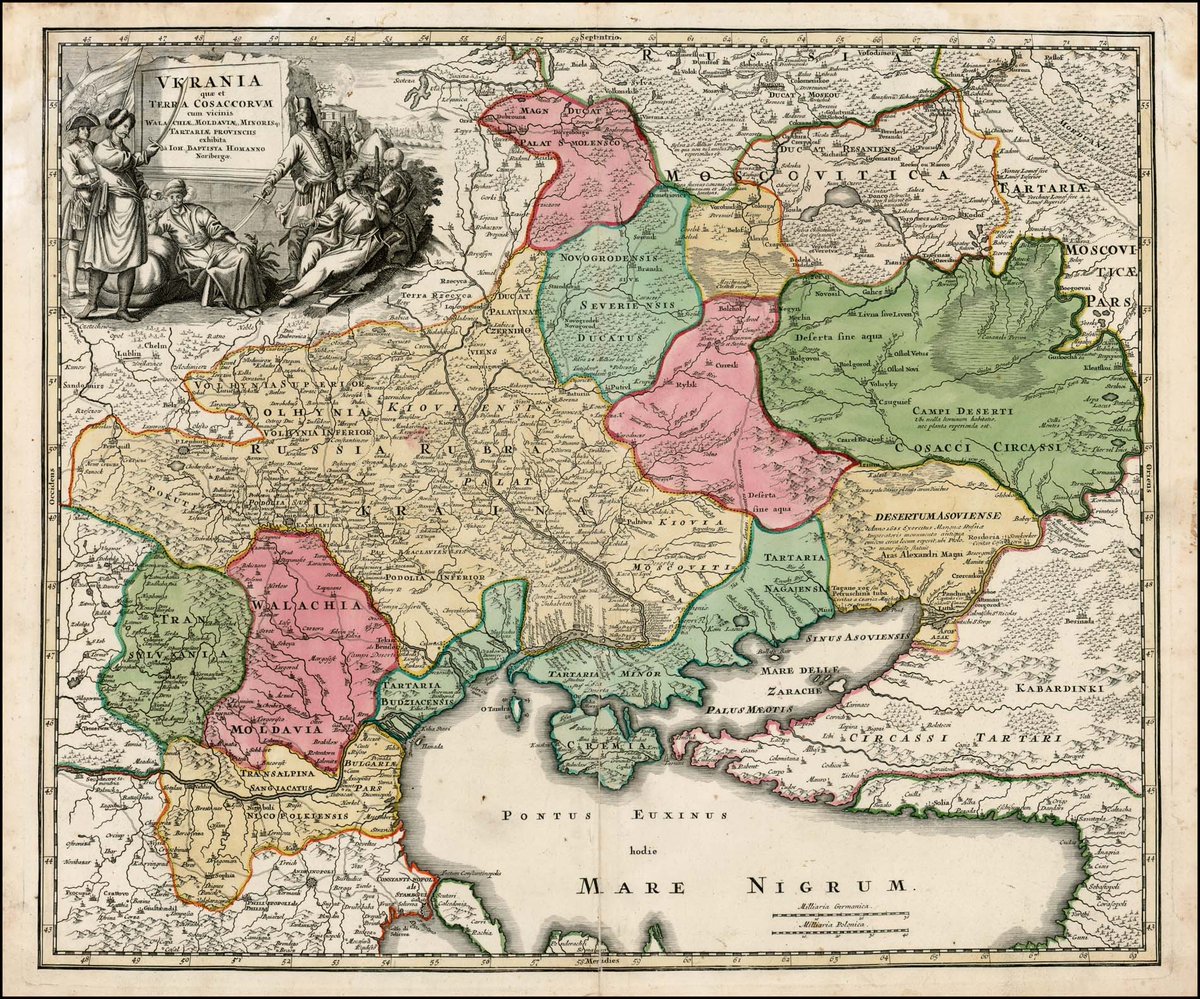
In the speech where Putin called the collapse of USSR "a major geopolitical disaster," he also said that "the civilizing mission of the Russian nation" in Eurasia must continue." V. Vereshchagin captured the encounter of #Samarkand with Russia's mission civilisatrice this way: 1/ 

The painting was part of the series "The Barbarians," which represented the "backward" nature of the Orient that civilization, carried on the backs of the Russian troops, was meant to salvage. "Civilizing mission" was a key term of the 19-c. vocabulary of colonialism. 2/
It was widely used as a justification of colonial presence across the globe. Even though it implied that empire was here to uplift the "indigenous" population, it also created a fundamental divide between the colonizer and the colonized. 3/
In 1875, the tsarist officer Lev Kostenko, who took active part in Russia's expansion in Central Asia, justified the conquest on the pages of "Voennyi sbornik," the official journal of the War Ministry, in quite an emphatic way: 4/
“We can safely say that our Central Asian wars have always entailed the triumph of the ideas of truth and justice, since here civilization has waged and is still waging a struggle against barbarism and ignorance.” 5/
How did the struggle look like in practice? "The spirit of the Turkestan infantry is at a very high level. A continuous series of glorious and brilliant victories strengthened the Turkestan infantry's consciousness of their invincibility and a complete contempt for the enemy." 6/
"For Turkestan soldiers, the native is not a person, but some kind of animal, which has steam instead of a soul. Turkestan soldiers call the natives nothing less but the "cursed horde," "chiseled heads" and by other no less contemptuous names." 7/
Russian rule in Turkestan was in many respects an extension of that in the Caucasus. Kostenko stressed that the soldiers he wrote about were the same who participated in the conquest of the Caucasus. They sang the songs they composed back in Chechnya. 8/
In the Caucasus, Russian troops were portrayed as the bearers of mission civilisatrice, too. Soon after its conquest, the official newspaper "Kavkaz" wrote that “Russian troops were not only the conquerors of the Caucasus, but they brought in the beginnings of civilization.” 9/
It's little surprise that the equation of the local population with animals on the pages of governmental periodicals held true for the Caucasus as well. Let's have a look at an article by another Russian officer in "Voennyi sbornik": 10/
"The life of the Chechen is likened to the life of a beast, which always and everywhere is guided by only one instinct. The beast roams the forest to find its prey; the unbridled Chechen does the same." 11/
The restoration of the imperial vocabulary entails the restoration of respective practices. The refusal to accept the "gift of civilization" from the hands of a purported "benevolent civilizer" is a prelude to the most horrendous war crimes. end/
• • •
Missing some Tweet in this thread? You can try to
force a refresh












